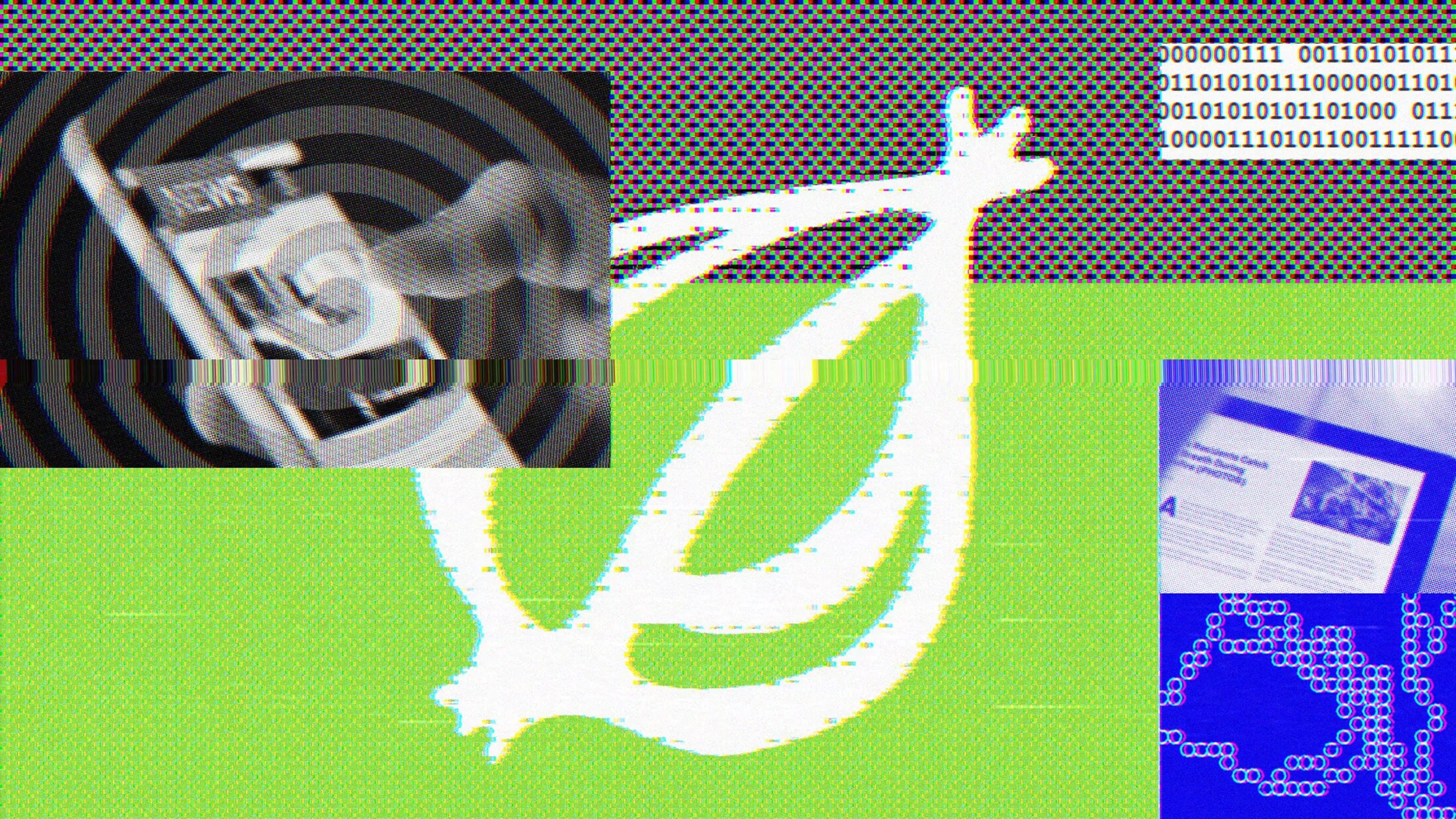Why the next generation of investors will be cautious savers, explains Mark Zandi, Moody’s chief economist.
Question: What has fundamentally changed post-crisis in terms of the financial system?
Mark Zandi: Well, we won't be spending like we have in the past. For 25 years, from the early 80's to the mid part of this decade, consumers spent very aggressively. They borrowed heavily and used that to finance spending. Wealthier households thought they were really wealthy and didn't need to save and so they spent also very aggressively.
I think after this crisis, this great recession, that has changed in that consumers are going to be much more cautious going forward and they'll save more. Higher income, wealthier households because they know they're not wealthy and that savings values are going to rise as quickly as they thought. Low and middle income households because they'll have no choice, they just can't borrow to finance their spending. So, to see change an inflection point with respect to households and how they spend their money and how aggressively they spend their money.
Question: How will the Millennials be affected by the recession?
Mark Zandi: Actually, there's been a huge change in their saving behavior. If you look at their saving rates, people in their 20's and early 30's firmly negative, firmly negative, right up until early 2008. Since then it's positive. And not inconsequentially so. I mean, a measurable saving. So I think even younger households have changed. They're thinking about the world has changed and they're going to behave differently going forward. In part that's on their own volition because they realize and understand that economies don't move in a straight line and that they need to be prepared for things when things don't do well. But part of it is being forced upon them because they are just not able to get that credit card or get that big auto loan, or get that mortgage like they did in the past. I think people are starting to think and are starting to worry about things like, are my taxes going to go up? Whose taxes are going up? Spending by the government on Medicare and on Social Security. Am I going to be able to get Social Security and Medicare at 65? Am I going to get the same benefits as I've gotten in the past? So, those are big questions that I think people are now really starting to ask themselves and it does have political implications. There are many, but that would be one key implication.
Question: What can we learn from the spring stimulus package?
Mark Zandi: Well, in my view, I think it worked. I don't think it's any accident that the recession ended just at the same time that the stimulus – now, I'm talking about the $787 Billion package passed last February. But that stimulus is now providing its maximum benefit. So, the stimulus worked in that it brought this recession to an end and it's providing a little bit of juice for the economy into the various parts of recovery. Now, this stimulus probably isn't going to be enough to push the recovery into a self-sustaining economic expansion and that's where we are right now. It's a little bit tricky and so we may need to see more – the government may need to provide more help to make sure that that transaction does actually occur. The intent of the stimulus was to end the recession, get a recovery going, and in my view, it worked.
Question: You wrote in a recent paper. “It’s no coincidence that the great recession ended just as the stimulus package began providing its maximum economic benefit.” How do you know? (Steven Landsburg, The Big Questions)
Mark Zandi: Well, it's a good question. I mean, we can look at individual aspects of the stimulus package and then look at the parts of the economy to which that stimulus would have an impact. So for example, the Cash for Clunkers, we know that that had a huge effect on vehicle sales and helped turn around vehicle production and employment in the vehicle sector. The First Time Homebuyer Tax Credit, the housing market stabilized this summer. Housing prices actually have risen a little bit in the last few months. Now there are many reasons for that, all of them policy related, but one of the key policy aspects that helped the market was the First Time Homebuyer Credit.
Consumer spending stabilized, and consumers got tax cuts, Social Security recipients got checks, so I think it helped there play a role. Without help from the feds, states would have been cutting. Let me just give you a statistic. In the year ending in the second quarter of 2009, state and local tax revenues fell by $120 billion. On a percentage basis, we've never seen anything like that, $120 billion and in that same year; aid from the federal government to state and local government increased by $110 Billion, so almost a complete offset. Not complete in some states, but localities have been cutting programs and jobs and raising taxes because they still have a budget hole, but could you imagine what they'd be going through had they not gotten that help.
You have to think about what the world would have looked like without the stimulus. You've got to construct a counterfactual, but in the case of state government, I don't think that very hard to do. You can ask any governor and they'll pretty much tell you that the stimulus was very important to keeping their budgets together as well as they were kept together.
Recorded on November 10, 2009





